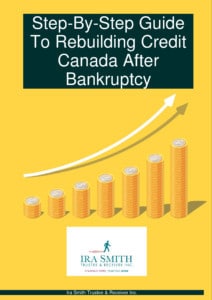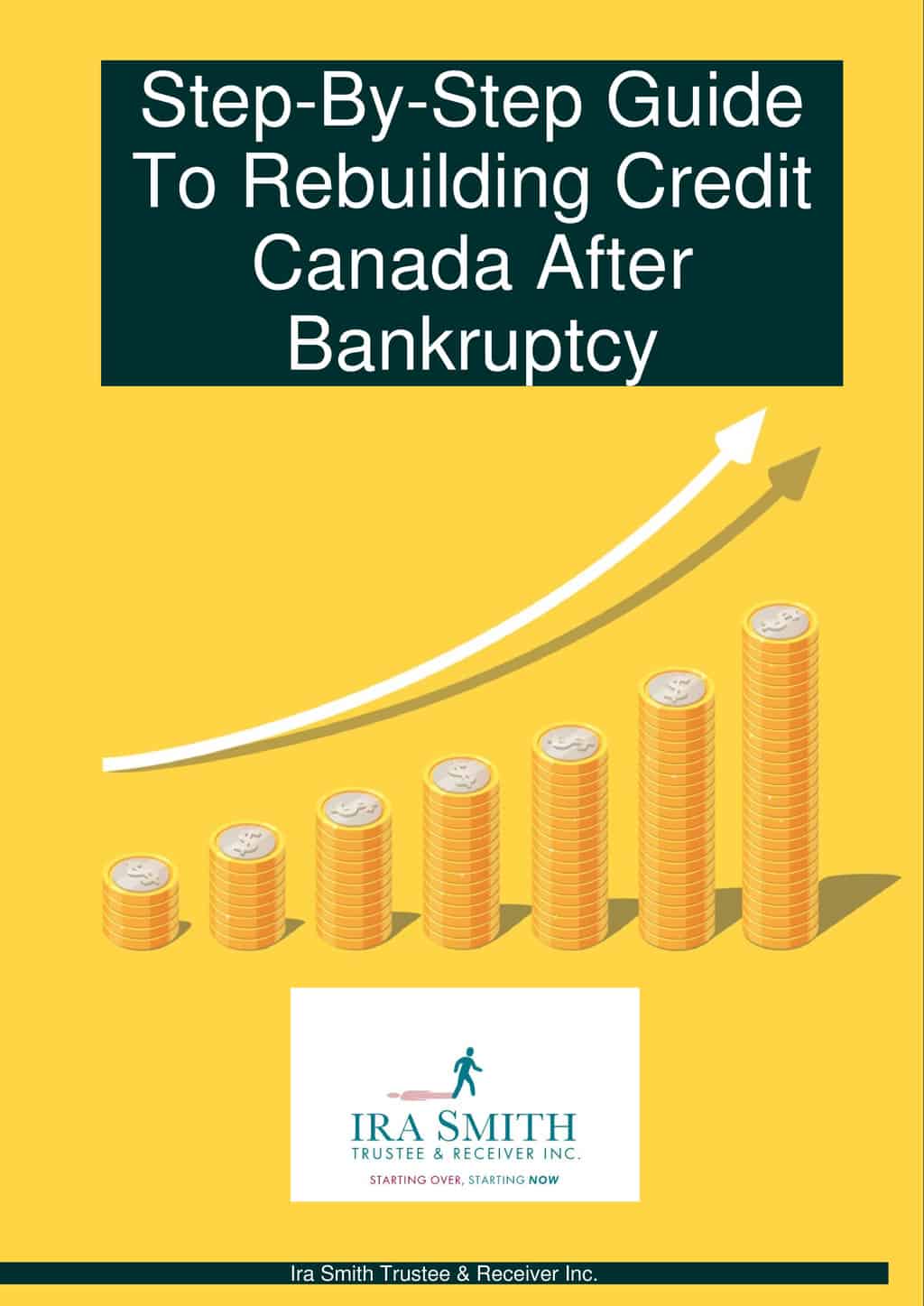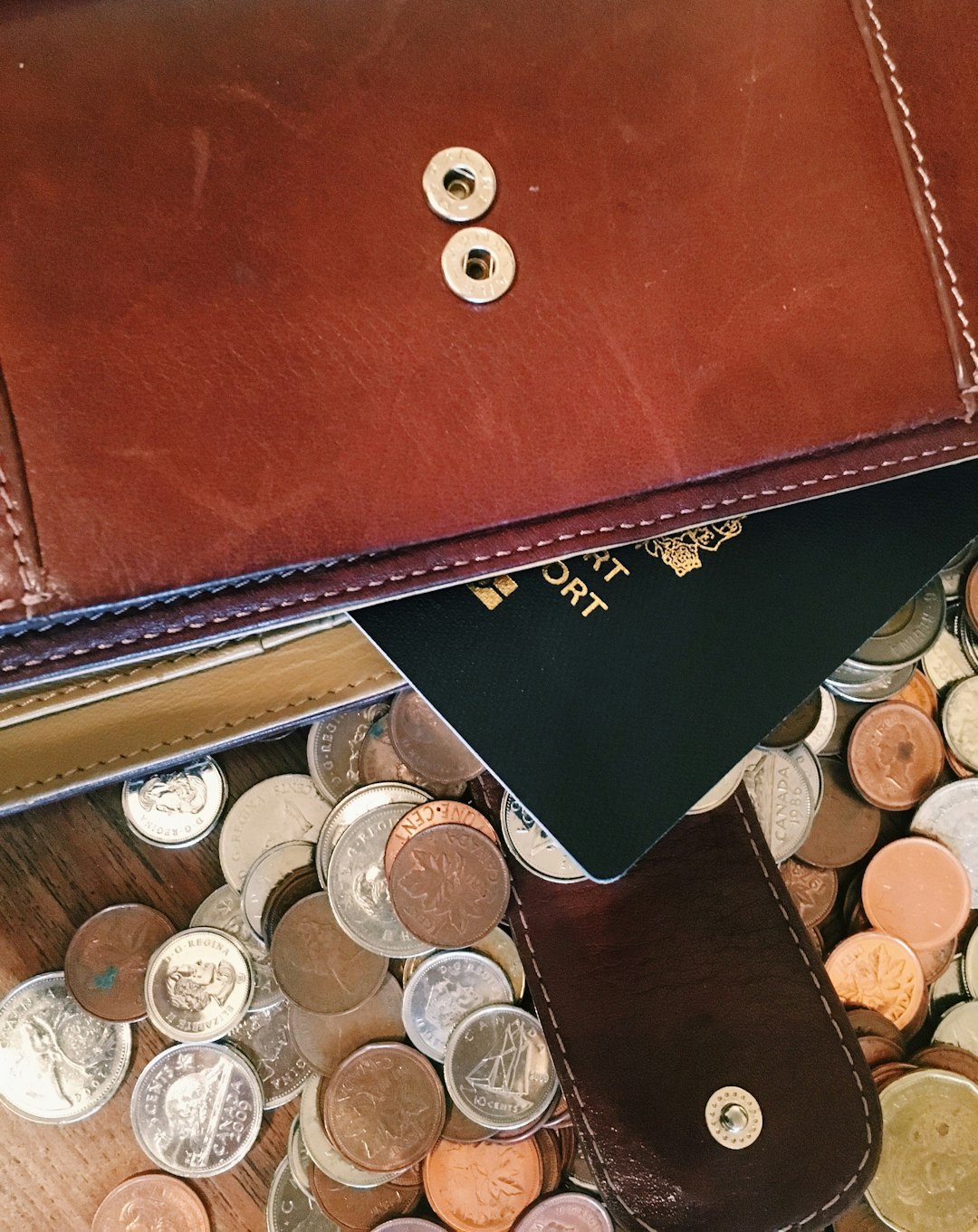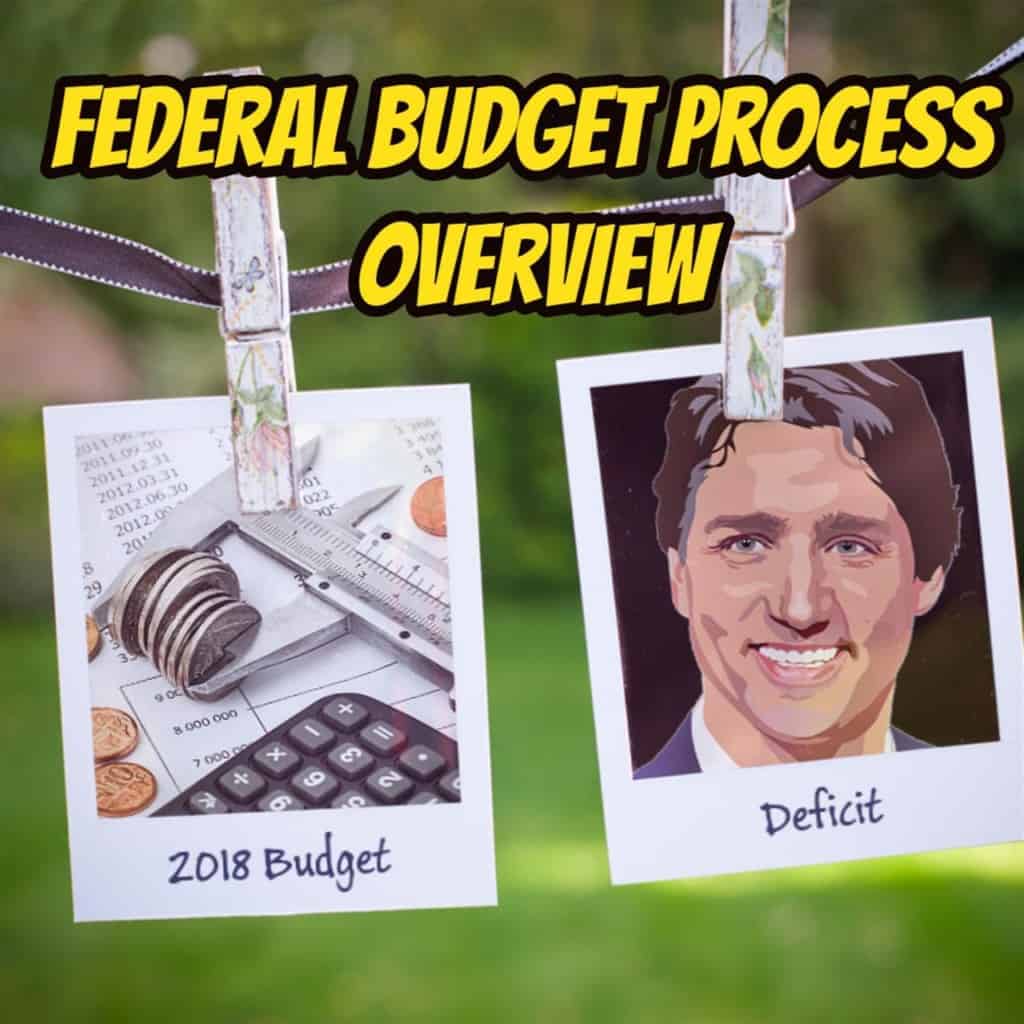Rebuilding credit Canada: Introduction
After fully completing a consumer proposal or receiving a discharge from bankruptcy, it is important to start immediately rebuilding credit Canada. The purpose of this Brandon’s Blog is to provide you with our foolproof and painless 3 step plan to eliminate those negative credit checks and fix your credit trouble by rebuilding credit Canada.
Rebuilding credit Canada: Step 1 – Create good habits with a plan for discipline and self-control
After your discharge from bankruptcy or the full completion of a consumer proposal, you must create good habits of discipline and self-control. You won’t have any credit accounts and your goal is to show the credit bureaus that you can use credit responsibly and work your way back from bad credit score.
To do that, you need good new financial habits. You need to start creating a good payment history. A lack of these habits might have been partly responsible for your current situation, so working on changing bad habits, and creating new ones will lay the groundwork for a successful financial future.
Research has shown that on average, it takes more than 2 months before a new behaviour becomes automatic – 66 days in fact. So, while at the beginning, having to be disciplined and exert self-control over spending money mistakes might seem like hard work, stick with it for a couple of months, and very soon it will just become part of your daily routine.
Learn discipline through budgeting. You may be able to find a pretty good yet simple budget calculator spreadsheet. Aside from rebuilding your credit, learning how to create a realistic budget by looking at your essential expenses compared to your current level of everyday purchases. This will allow you to get a good handle on what your income requirements are and then sticking to it is the most important step of rebuilding credit Canada after bankruptcy or consumer proposal.
You’ll be looking closely at your money and personal income anyway, so use this time to get a real grasp on your entire financial situation. Take a look at credit cards and related statements. By only making the minimum monthly payment you are being charged interest. Look carefully at what the rate on purchases is that you are really paying.
Understand where your money comes from, and, more importantly, where you spend every penny. You’re going to need to make friends with spreadsheets and familiarize yourself with all your bank and bill statements. Create categories of all your expenses (e.g. rent, electrical bills, car insurance, groceries etc.) Using your past bank statements, look at your current spending plan in each category. You’ll probably be surprised at how much money you spend in some!
Set limits for how much you will spend per month in each category. This will likely mean making some sacrifices to ensure your budget balances (the total amount being spent does not exceed the total amount coming in). However, be realistic – don’t tell yourself you’re going to stop doing things you enjoy together. Instead, cut down on how often you do them. E.g. the budget spending plan for a meal out could be once a month rather than a couple of times a week.
Get in the habit of planning and recording every single expense, no matter how small. Keep receipts and go over where your money has gone every month. Plan rewards for different milestones along the way. It’s important to have things to look forward to and motivate you along the way.
Budgeting takes discipline and sacrifice but stays focused on the goal. You’re doing this to ensure you don’t fall back into the same bad habits as before. You are going to have to change some things – and what better time than while you’re starting over? You’re already doing the work, now the trick is to make this disciplined.
Practice self-control in your spending (and saving!) The golden rule of spending? Learn to live within your means – it sounds simple, but it can very hard to do. However, those who live within their means do not get into trouble with debt, and that’s what you’re working towards for the future! You’ve created a budget, you know exactly what you can spend in each category, now you need to execute on that. By following your
While in bankruptcy or a consumer proposal, any excess money you earn is going to go to your debtors. That may make it seem impossible to save. However, saving money should always be in your plan.
As soon as you are discharged from bankruptcy or your consumer proposal, start saving money every month. Work a specific amount (we recommend 10%) into your budget so that you learn to live within that new budget spending plan. Setting up automatic payments and transfers into your savings account on payday will ensure your money goes where it needs to before you even have time to think about spending it.
So where should this money go? First, establish an emergency fund so that you can avoid facing bankruptcy again in the future. A good emergency fund should cover at least 3 months of living expenses. Once your emergency fund is built, continue to save by contributing to your RRSP or TFSA as much as you possibly can while still meeting your month-to-month expenses.
Forming good habits of discipline and self-control is key to your permanent financial rehabilitation. Once you do so, you’ll find that building your credit will be relatively easy!
Rebuilding credit Canada: Step 2 – Work to rebuild your credit after bankruptcy or consumer proposal
It is true that a record of your insolvency filing will stay on credit reports. This is so for both a consumer proposal (3 years!) or a bankruptcy (7!). However, you can actually start rebuilding credit Canada right away.
There’s an old saying that goes “The best time to plant a tree was 20 years ago. The second-best time is now.” We recommend that you don’t wait 20 years, or even 3.
Here’s what you need to know to start building credit and improving your credit reports today:
Secured Credit Card – A secured credit card looks and functions just like a regular unsecured credit card, with your lender reporting to the credit bureaus on a regular basis. The only difference is that you put up an initial deposit as a security deposit in the form of cash. The minimum deposit or the maximum deposit you can afford to make acts as collateral upfront makes it a secured credit card. The amount of cash you put up as a deposit dictates your credit limits.

This protects the lender from the possibility of you defaulting on what you owe because your security fund will be used to cover any outstanding amounts. When you use this type of card, as far as the vendor is concerned, it acts just like an unsecured credit card. Every month when you pay off the balance by making your payments on time, it is reported to the credit bureaus. Then each credit bureau can update their records showing you are paying it off on time. That is how it can rebuild credit Canada.
A Secured Line of Credit – Much like a secured card, a secured line of credit is a revolving credit that is secured by the money or other security, you offer up in the beginning. As you use your line of credit and you make your payments on time, you will establish a picture of good money reminders habits which will both boost your credit score. These lines of credit are available through most banks. Again, creditworthiness and collateral, if required, set the credit limits.
Create Your Own Credit Building Programs – Credit building programs are one of the most effective methods for rebuilding credit after bankruptcy or consumer proposal. Programs like borrowing a small amount to invest in your RRSP. Then repay the loan in full before the next RRSP year.
This is beneficial in 3 ways: You don’t have to come up with the funds, you are investing in your future and by repaying the loan, you are showing you can handle credit properly which improves your credit score. This should also be combined with a secured card or line of credit, do double up on your credit score building program. Paying your bills on time also improves your credit score.
You want to follow your budget carefully. Avoiding late payments, making the full payment each month on your monthly credit card balance, not just the minimum payment, and don’t have a missed utility payment. Having timely payments and no late payments on your Canadian credit history, will take a poor credit score and start improving your credit rating by creating a new positive credit history.
An improved credit rating and improving credit reports will overturn the negative effects of your bad credit history, get your credit score ranges to improve, get you the credit score increase you deserve and catch the attention of the credit card company and improve your chances of access to credit products.
These new types of credit becoming available to you, and perhaps even existing credit card issuers giving you a credit limit increase, all go towards your rebuilding credit Canada. But you still need to stick to your spending plan. Just because you are getting access to credit again, does not mean you can abandon your proper budgeting. You don’t want to go back to the old habits that produced the poor credit history.
Whatever kind of credit loans you are looking to take out to help rebuild your credit, make sure you understand things properly. Read the credit applications carefully to see what you are really signing up for. If approved, read the credit agreement carefully so you will fully understand all the terms of the rebuilding credit Canada loan product.
As your credit reports improve, you will find new companies offering you new credit accounts and credit card providers either increasing your credit card limit or sending you applications for new credit cards lines. Again a word of caution. Don’t get carried away with all sort of credit products in your daily life. Keep it simple and stick to your budget. You really may only need one regular credit card from amongst the wide range of Canadian credit cards becoming available to you.

Rebuilding credit Canada: Step 3 – Maintain your spending plan good habits for the rest of your life
Rebuilding credit Canada is not a one-time event. Think of rebuilding your credit after bankruptcy like losing weight. In the beginning, dragging yourself to the gym and making kale smoothies is hard work. However, as you start to see the weight drop, it becomes easier and easier.
What happens when you reach your goal weight? Do you stop going to the gym and start eating pizza for breakfast? No! You just carry on as you are now – because it’s become a habit, and if you slip back into old habits, you’re quickly going to see all of your hard work come undone.
Regularly checking your full credit reports from both credit reporting agencies will help you see how your good habits are paying off. Kinda like weighing yourself to make sure you’re still where you want to be. If you start seeing negative results, take stock of what’s happening in your life that could be causing it and make changes to quickly get back on track. You want to keep seeing improvement in your credit reports.
Ultimately, whether you’re declaring bankruptcy or entering into a consumer proposal, it will be emotionally difficult. There is a light at the end of the tunnel though. Many people don’t realize that you can start building credit while going through both a bankruptcy or consumer proposal so that at the time of discharge, you’re already a few steps ahead. Follow these steps and you’ll find that rebuilding your credit after bankruptcy isn’t that difficult.
Rebuilding credit Canada: Do you know anyone who needs to get back on the road to financial recovery?
If you have too much debt, are unhappy with your debt situation and need someone to talk to about how a consumer proposal or even personal bankruptcy can fix your credit issues and improve your financial life, call the Ira Smith Team. We are professional credit counsellors and can help you learn good spending habits. Through consumer proposal payment arrangements you can make steady payments on prescribed payment dates. This will allow you to avoid bankruptcy by paying only a fraction of your total debt yet eliminate all of your debt. It will also get you credit repair.
We will listen to your issues and provide you with our thoughts and recommendations for free. That’s right; a no-cost initial consultation. We will look at your debt utilization and make recommendations to you on how to fix it. So why not? All you have to lose is your stress while rebuilding credit Canada. Why not fix things now so that your credit checks improve.
We will advise you whether or not we think you are a candidate for either a consumer proposal or bankruptcy. If we feel you can solve your financial problems without an insolvency process, we will tell you straight. The Ira Smith Team understands the stress you are under and the pain it is causing you and your loved ones.
We can eliminate your pain. I guarantee that you will start feeling better right away after our free initial consultation. Taking action after that will put you on the right path, Starting Over Starting Now















